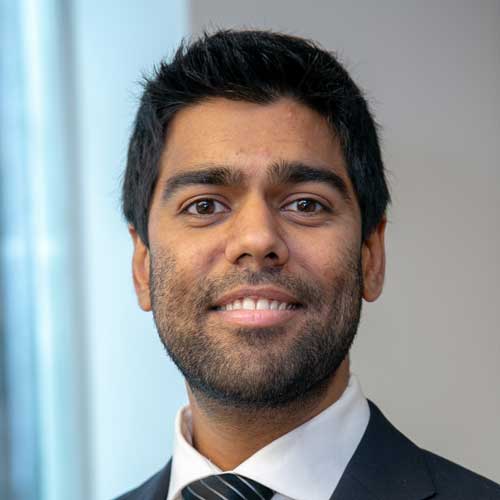Our Experts
The Center is staffed by a diverse team of industry and finance experts from RMI who specialize in driving market-based solutions to climate change. The team has deep experience working closely with financial institutions, major private institutions, and leading industry players.

Brian O'Hanlon
Managing Director

Kaitlin Crouch-Hess
Executive Director

Estefanía Marchán
Principal

Whitney Mann
Manager

Evan Kornbluh
Manager

Michel Van Den Berg
Senior Advisor

Shravan Bhat
Manager

Elizabeth Harnett
Research and Impact Expert

Tom White
Manager

Tricia Holland
Senior Associate

Nicholas Halterman
Manager

Nicholas Bobst
Associate

Asia Salazar
Fellow

Sabina Flandrick
Associate

Gabrielle Couderc
Program Operations Lead

Benjamin Bartle
Principal